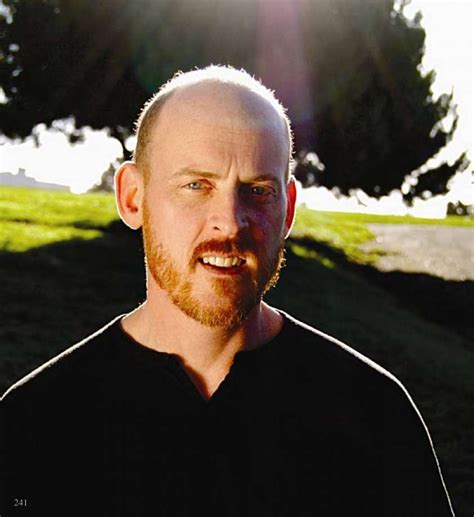A Quote by Candace Bushnell
I was a freelancer all through my twenties. I did about one story a month and I wanted to write fiction, so the stories that I would do were precursors to 'Sex and the City.'
Related Quotes
I thought I could capture the stories of the city on paper. I thought I could write about the horrors of the city. Horror stories you see. I tell you I didn't have to look far for material. Everywhere I looked, there were stories hidden there in the dark corners. . . . I wrote and still there were more. . . . No one would publish them. 'Too horrible,' they said. 'Sick mind,' they said. I thought I could write about the horrors of the city but the horror is too big and it goes on forever.
I'm not sure if it's because I'm older and I'm thinking about family more, but I'm trying to set up this thing where I can play in one city for a month, and then write music for a couple months, then play in another city for a month, write music for a month. Just so it's not these two schizophrenic, Jekyll and Hyde kind of things; you don't have to be this monster. You get inspired and you can go write one song from that, and then you go back and play a few shows. If I could've done that in the 90s, I would have.
Sex is hard to write about because you lose the universal and succumb to the particular. We all have our different favorites. Good sex is impossible to write about. Lawrence and Updike have given it their all, and the result is still uneasy and unsure. It may be that good sex is something fiction just can't do - like dreams. Most of the sex in my novels is absolutely disastrous. Sex can be funny, but not very sexy.
I knew what I wanted to do when I set out. I knew that I wanted to write a book that told the story, obviously. I wanted it be comedy first, because I felt like there already had been childhood druggy stories that were very serious, and I felt that the unique thing here was that I was a comic and I could tell the story with some levity, and I have been laughing at these stories my whole life.
When I was in my late twenties, a friend suggested that, since I was an avid SF reader and had been since I was barely a teenager, that since it didn't look like the poetry was going where I wanted, I might try writing a science fiction story. I did, and the first story I ever wrote was 'The Great American Economy.'
I'm so old that when I started keeping a diary they were in actual books, and I think that's one the reasons that I've never written about sex. Because early on you had to worry that someone was going to find your diary, so it's bad enough to be writing like Joan Didion, but writing like Joan Didion about sex acts you'd performed with somebody you had known for 20 minutes, that's a bit worse. So I would write in my diary, "I met J. and we had sex five times last night." But I would never write about what we did.
I think that is what we do by preserving and telling our stories. If you don't tell your stories, other people will tell their story about you. It's important that we nurture and protect these memories. Things change. Existence means change. So, the kind of precious memories about being black for my generation won't exist for my kids' and grandkids' generations unless we preserve them through fiction, through film, through comic books, and every other form of media we can possibly utilize to perpetuate the story of the great African-American people.
I really look up to writers who are able to write compressed, single-scene stories, where everything happens in a kitchen. But I just can't think that way. For me it would be impossible to write a story where I didn't know what someone's parents did and what their grandparents did and who they used to date.
I never wanted to write about Bulgaria. When I was still living there I did my absolute best to never write a story with a Bulgarian character with a Bulgarian name, and only after I came to the US and I was far away and missing it a great deal did I realize that writing about could be my way of returning back home. I think it was only through my writing that I fell in love with the country and with the history.






































